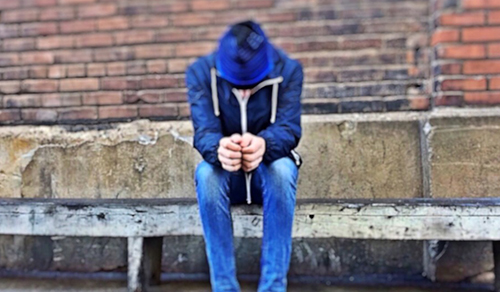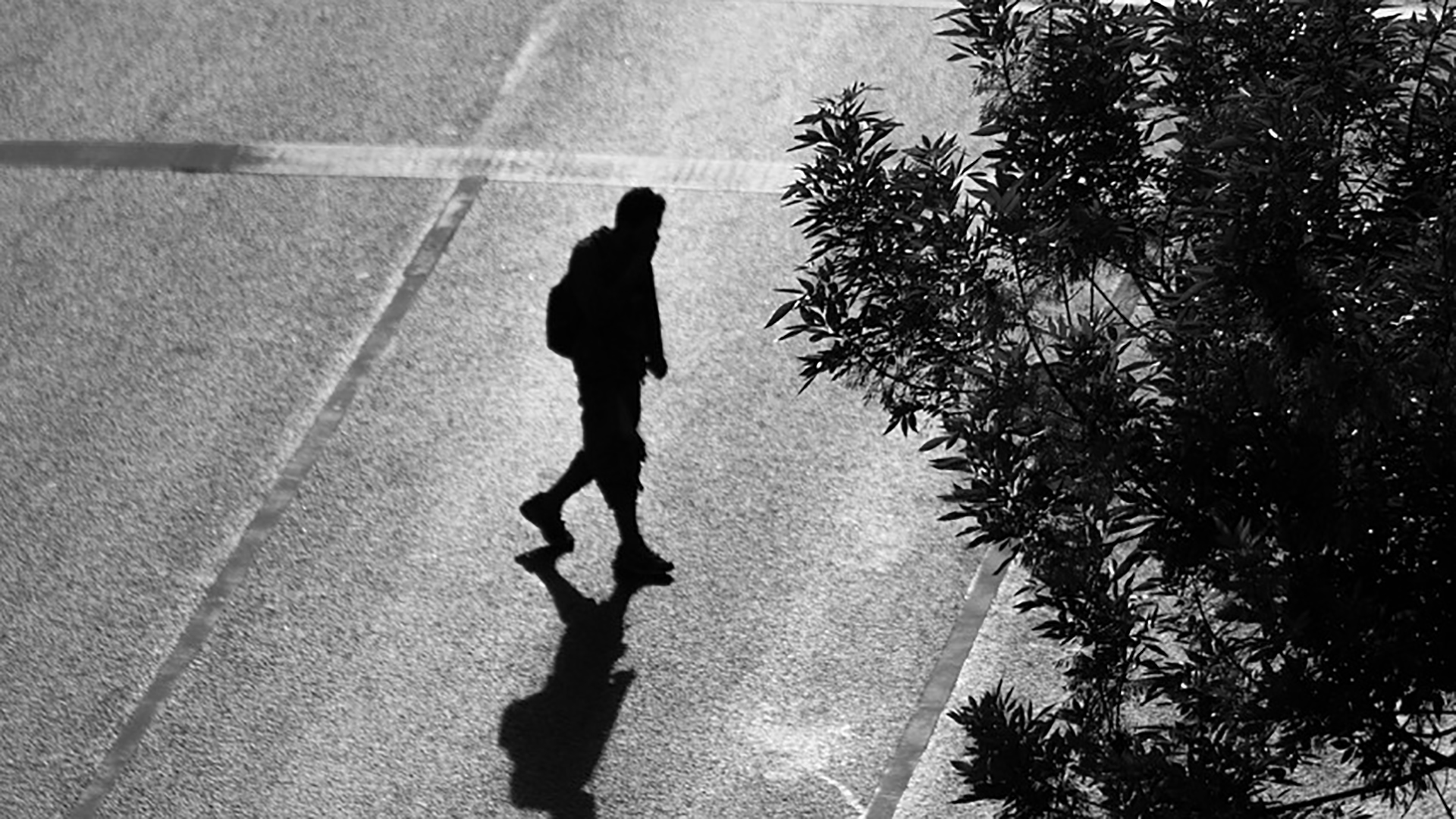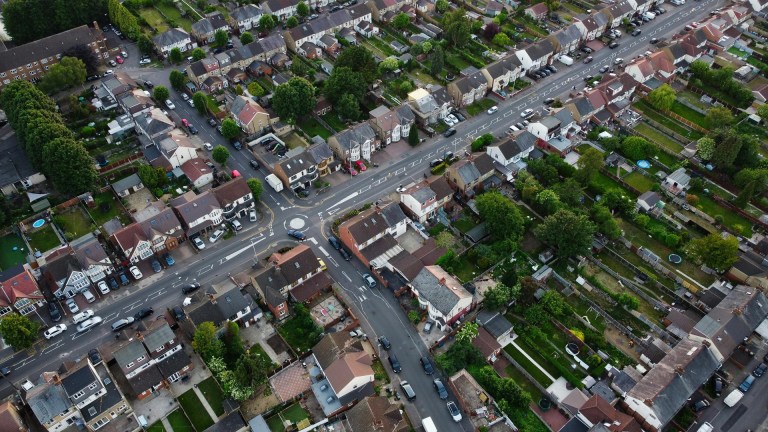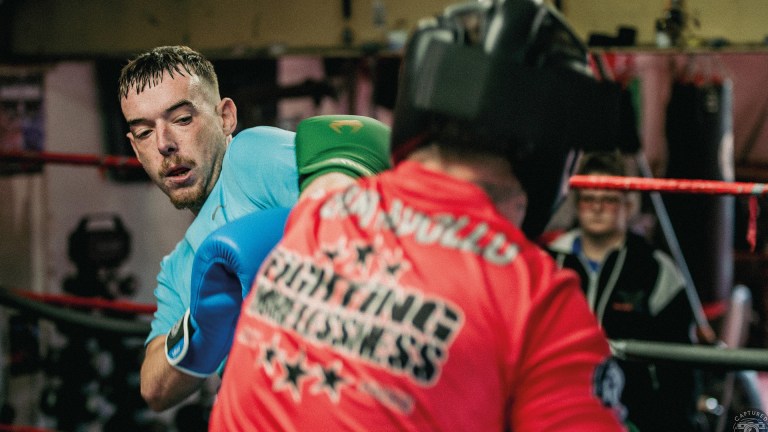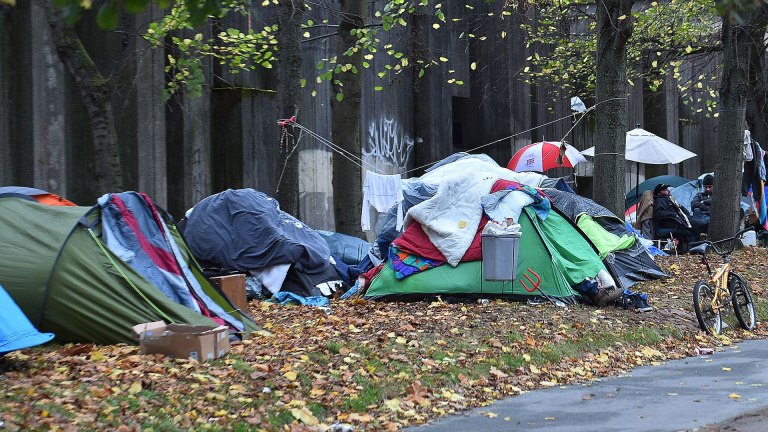But compounding the difficulties young LGBT people have accessing information because of the diminishing numbers of organisations offering support, many may also be reluctant to disclose details about their private lives to local government bodies – and homelessness organisations.
Seeking support
A spokesperson for Stonewall told The Big Issue that charities and agencies working to tackle homelessness should be equipped to meet specific needs of homeless LGBT people.
Activist Brandi Lee Lough Dennell, of Glasgow-based LGBT Youth Scotland, works with young people to better identify the reasons behind and the impact of homelessness. Her organisation’s studies echo the Albert Kennedy research, concluding that homeless LGBT young people are less likely to seek help or support than non-LGBT peers.
She says: “It’s really important that LGBT people feel comfortable and confident coming out to housing and homelessness services. They might fear a discriminatory response, or have fear of being accommodated in gender-inappropriate spaces when accessing temporary accommodation.
It’s really important that LGBT people feel comfortable and confident coming out to housing and homelessness services
“We know that trans young people are fearful of being accommodated in the wrong places. We also have experience of trans young people who have been accommodated but experience discrimination from the staff or fellow service users. And then when they secure tenancy they may experience it from neighbours.
“In terms of prevention, if young people who are at risk of becoming homeless don’t know what their rights are and the services don’t ask about their sexual orientation or gender identity, the young LGBT person might feel there’s no need to reveal that information and the housing authority might miss key details.”
Advertising helps fund Big Issue’s mission to end poverty
Power says new thinking and fresh approaches are urgently needed: “In order to provide the best possible support for young people we need to work with the community to find innovative ways to support homeless young people.”
Scottish LGBT youth
LGBT Youth Scotland set a Youth Commission up in 2016 with 100 young people from across seven local authorities. The results were revealing. “Some organisations were named as ones they would never go to, and large numbers expressed concerns about accessing their local council because they were concerned about being judged or not being treated as a high enough priority,” explains Lough Dennell.
“Open-plan areas make some feel intimidated, especially if the reason they’re homeless is about discrimination they’ve been experiencing. They might not feel comfortable talking about it in an open-plan office.
“While it’s certainly worth celebrating 50 years since decriminalisation of homosexuality in England and Wales, it’s worth noting that Scotland’s decriminalisation date was as recent as 1980.”
LGBT young people are more likely to find themselves homeless than their non-LGBT peers, comprising up to 24% of the youth homeless population, each at a cost of £24-30k to the state. They are highly likely to have experienced familial rejection, abuse and violence. They are significantly more likely to experience targeted violence, sexual exploitation, substance misuse, and physical and mental health problems than other homeless youth.
This disparity could go some way towards explaining why London’s homeless community historically included a significant number of people from north of the border. In the experience of Alex Lavin, an outreach worker for London-based rough sleepers charity Borderline, which helps homeless people with roots in Scotland, many conceal their identity for years on the streets.
Advertising helps fund Big Issue’s mission to end poverty
When you’re rough sleeping you want to put a degree of protection around yourself – so may not reveal your sexuality
“One person I worked with confided that they wanted to transition but I was the only person they had told,” he says. “I think there’s a perceived fear, real or not, in revealing your sexuality as something other than heterosexual. It’s not that the rough-sleeping community are any more homophobic than any other group in society but when you’re rough sleeping you’ll want to put a degree of protection around yourself. There can sometimes be a certain machismo.”
The findings of the Albert Kennedy Trust report point to a need for future research with more thorough geographical mapping, community outreach and awareness programmes for organisations such as housing associations.
Lough Dennell says: “We as an organisation have been delivering training for the last 10 years to those who ask for it. Awareness-raising needs to take place within education and community development organisations.”
Words: Paul English | @PaulEnglishhack
